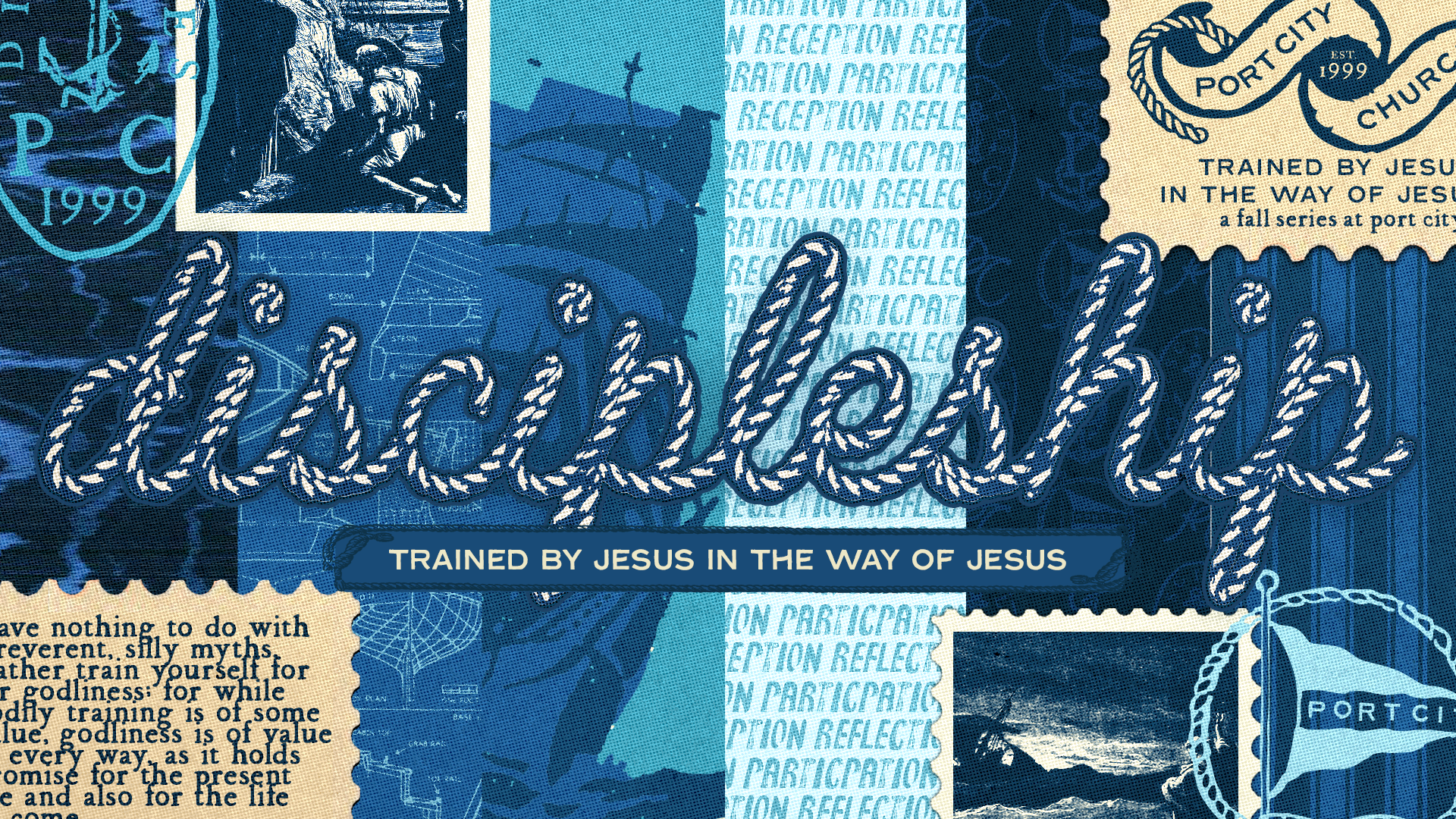Our Shared Responsibility
READ
Imagine receiving a beautiful, life-changing gift and then hiding it away where no one else could see it. That's essentially what happens when we experience the transforming power of following Jesus but keep that experience to ourselves. The Great Commission isn't just Jesus' final instruction to His disciples—it's the natural overflow of what happens when we've truly been changed by His grace. These verses reveal a profound truth about discipleship: it's inherently reproductive.
Let’s take a moment to read Matthew 28:19-20:
"Therefore go and make disciples of all nations, baptizing them in the name of the Father and of the Son and of the Holy Spirit, and teaching them to obey everything I have commanded you. And surely I am with you always, to the very end of the age."
REFLECT
When we're genuinely being transformed by Jesus, we can't help but want others to experience the same freedom, joy, and purpose we've found. This isn't about pressure or guilt—it's about the beautiful reality that good news is meant to be shared.
But notice something important in Jesus' words: He says "make disciples," not "make converts." There's a significant difference. Making converts focuses on a one-time decision, but making disciples focuses on a lifetime journey of growth. Discipleship involves walking alongside someone, teaching them to obey what Jesus commanded, and helping them become the kind of person who can disciple others.
This shared responsibility of discipleship creates a beautiful cycle. As we're being trained by Christ, we simultaneously become trusted others in someone else's journey. The person who helped us take our first steps of faith might still be mentoring us, while we're helping someone else take their first steps. We're all simultaneously students and teachers, disciples and disciplers.
Consider how this works in other areas of life. A master craftsman doesn't just create beautiful works—he trains apprentices who will carry on the craft. A great musician doesn't just perform—she teaches others to play. A loving parent doesn't just raise children—they model what loving parenting looks like so their children can become loving parents. This natural reproduction is how good things spread and multiply.
The shared responsibility of discipleship means we don't wait until we've "arrived" spiritually to help others. We don't need to be perfect to be useful in someone else's journey. In fact, often our current struggles make us more relatable and helpful mentors. The person who's currently learning to forgive might be exactly who God wants to use to help someone else begin their own forgiveness journey.
This responsibility also transforms how we approach our own spiritual growth. When we know that others are watching and learning from our journey, it adds purpose and urgency to our own development. We're not just growing for ourselves—we're growing so we can better serve others. This doesn't add pressure; it adds meaning.
Think about the people who have influenced your spiritual journey. Likely, many of them weren't professional ministers or theology professors. They were ordinary believers who took their shared responsibility seriously. Maybe it was a friend who invited you to church, a coworker who lived out their faith authentically, or a family member who prayed faithfully for you. They understood that discipleship isn't the exclusive responsibility of pastors and church staff—it's the shared responsibility of every believer.
This shared responsibility also helps us understand why community is so essential to discipleship. When we're all committed to helping each other grow, it creates an environment where transformation thrives. We're not competing with each other; we're collaborating in each other's development. We celebrate each other's victories, support each other through struggles, and hold each other accountable with love.
But here's what's beautiful about God's design: He promises to be with us in this shared responsibility. We're not discipling others in our own strength or wisdom. The same Jesus who transforms us is also working through us to transform others. We get to be part of His work, but we don't carry the weight of it alone.
This shared responsibility also keeps us humble. As we help others grow, we're constantly reminded of our own need for grace and growth. As we teach, we learn. As we encourage, we're encouraged. As we serve, we're served. The mutuality of discipleship prevents us from becoming proud or thinking we've graduated from needing help ourselves.
The question isn't whether we have this shared responsibility—Jesus made that clear in His commission. The question is how we'll embrace it. Will we look for opportunities to invest in others' spiritual growth? Will we be intentional about sharing what we're learning? Will we create space in our lives to walk alongside others who are earlier in their journey?
RESPOND
Take a moment to process what God might be leading you to do in light of what you read.
Who has been instrumental in your own discipleship journey, and how did they help you grow?
Is there someone in your life who God might be calling you to invest in spiritually? What's holding you back from taking that step?
How does understanding discipleship as a "shared responsibility" change your perspective on your own spiritual growth?
REST
Take a moment to rest in God’s presence and consider one thing you can take away from your time reading, then close your devotional experience by praying:
Jesus, thank You for entrusting us with the beautiful responsibility of helping others discover and follow You. Help us to see the people You've placed in our lives who need encouragement and guidance in their journey. Give us wisdom to know how to serve them well and humility to remember that You're the one who transforms hearts. May we be faithful in this calling. Amen.

